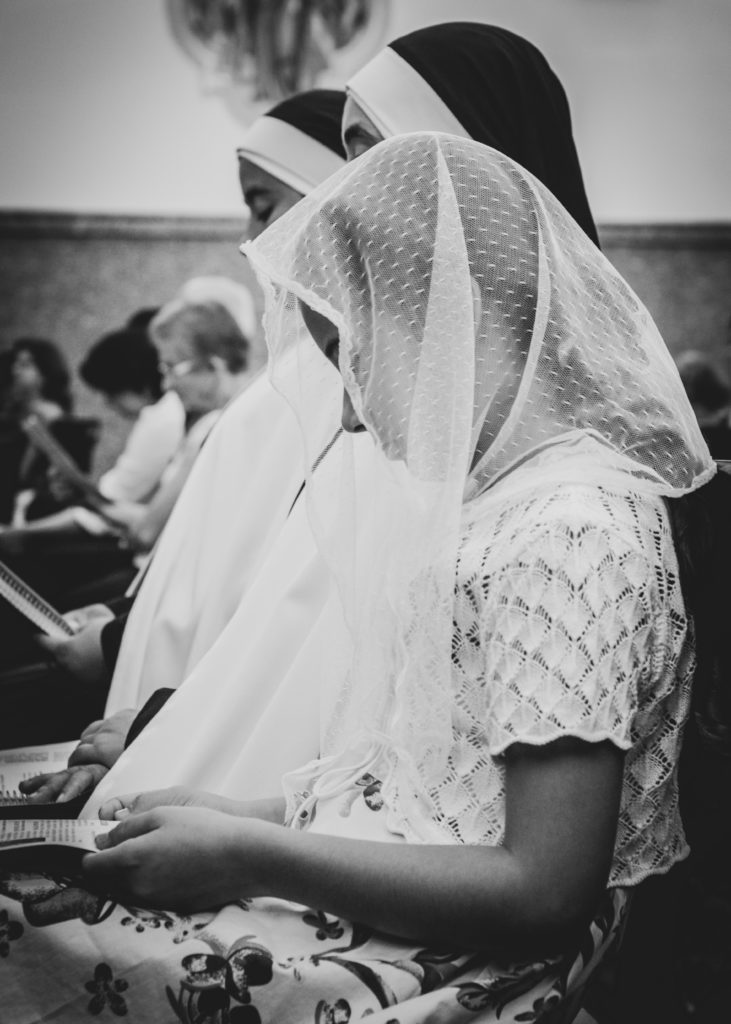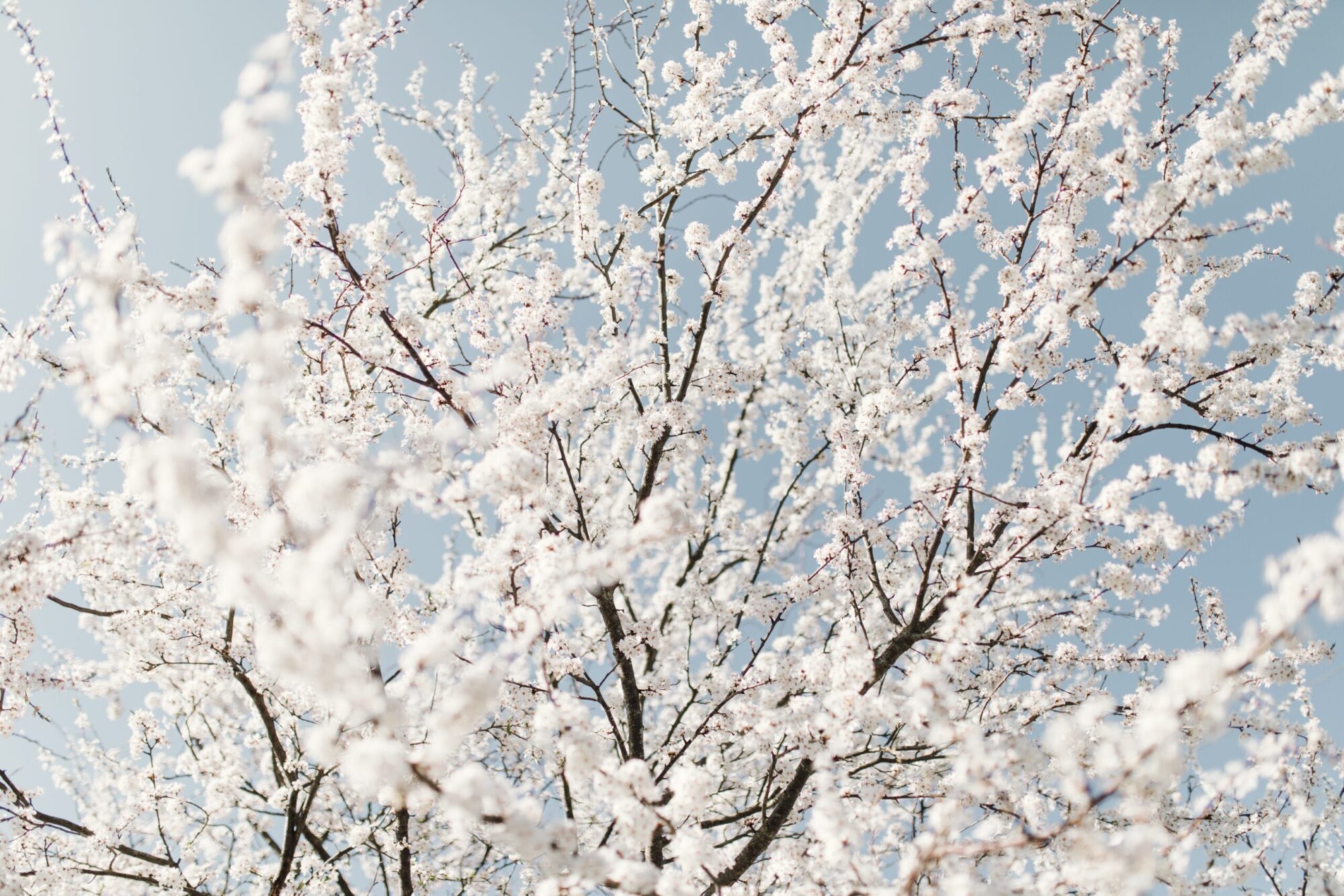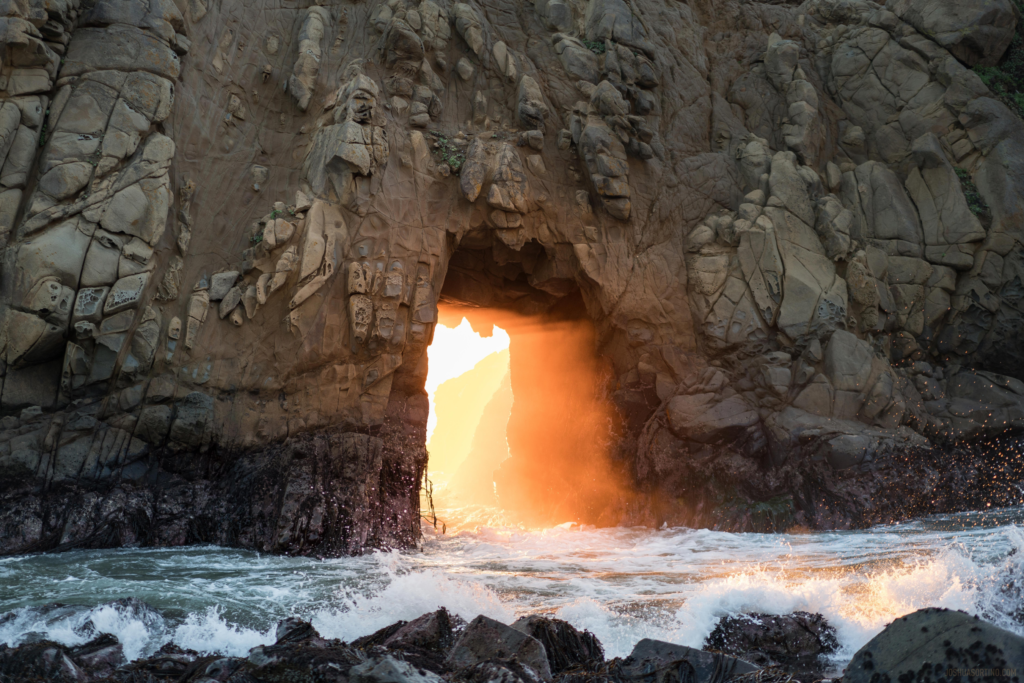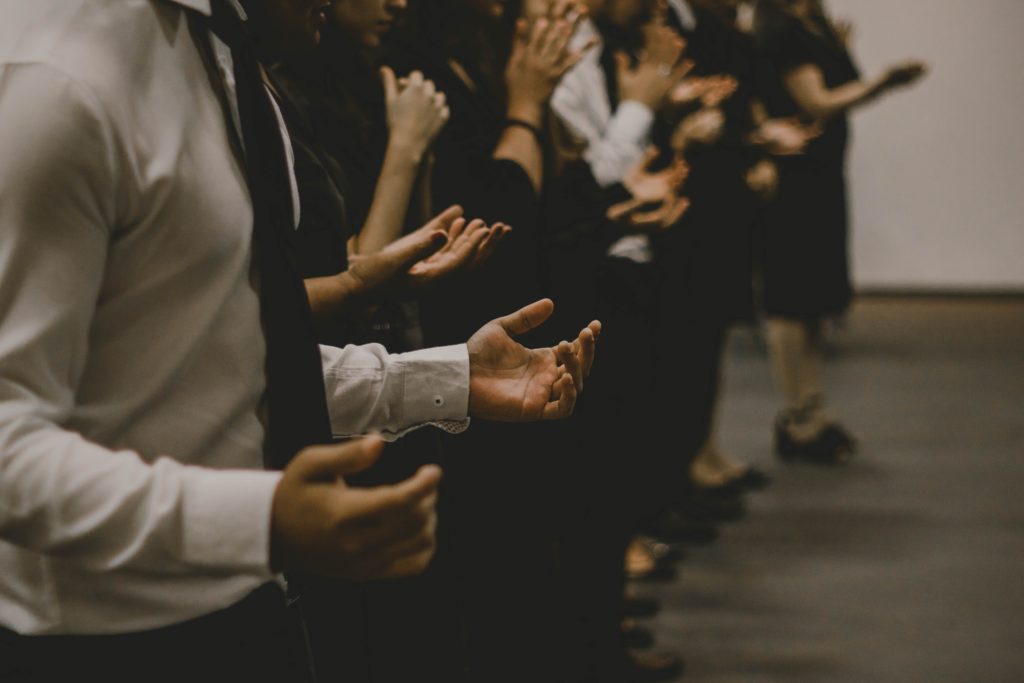
Our children, meaning all of the children on this planet, are our future and our light. Many children around the world are suffering because man can be evil. Adults are betraying our little angels. As we move through Holy Week, one that is particularly emotionally intense, let us try to be more like the most holy among us; let us cherish their innocent grace and emulate their natural resilience; let us live up to the trust they place in us.
Psalm 23 from the Hebrew Bible has been translated, reworked and interpreted numerous times. The words bring comfort to the reader not necessarily because of the language or the structure of the psalm but because of what it declares – trust in God. A simple message that transcends the song and the original context. Better than a harp, a child’s voice can elevate the psalmist’s trust with its delicate musicality.
“The Lord is my shepherd, I lack nothing. He makes me lie down in green pastures, he leads me beside quiet waters, he refreshes my soul. He guides me along the right paths for his name’s sake. Even though I walk through the darkest valley, I will fear no evil, for you are with me; your rod and your staff, they comfort me. You prepare a table before me in the presence of my enemies. You anoint my head with oil; my cup overflows. Surely your goodness and love will follow me all the days of my life, and I will dwell in the house of the Lord forever.”
Losing Trust
However, David, the psalmist, became sinful and fell from grace. He lost trust; he betrayed God. Like Adam and Eve, he did not dwell in the house of the Lord forever. Societies from time immemorial have feared the gods, which they often regarded as petulant and easily provoked. Contrary to some opinions, the Christian God is not fickle. We are fickle, and Jesus knew this.
John 2:23-25 “Now while he [Jesus] was in Jerusalem at the Passover Festival, many people saw the signs he was performing and believed in his name. But Jesus would not entrust himself to them, for he knew all people. He did not need any testimony about mankind, for he knew what was in each person.”
Become Like Children
We are called to love God unconditionally and to follow the Way, and if we do so, we will have no fear and no want. God will not betray us. Instead, we sin over and over again. We do not follow God’s commandments. Additionally, we expect and condition our love, mainly on matters related to our earthly existence. Who are we to expect anything of God? God is God, and we are but mere sinful mortals. Jesus taught us complete trust and love, and we have reminders of him everywhere in our children, in God’s children.
Matthew 18:2-4 “He [Jesus] called a little child to him, and placed the child among them. And he said: ‘Truly I tell you, unless you change and become like little children, you will never enter the kingdom of heaven. Therefore, whoever takes the lowly position of this child is the greatest in the kingdom of heaven.’”
Becoming like a child is not to abandon the reason, knowledge or wisdom we might have gained over the years, but it is to render our spirit open and accepting to the Lord. It is to give without asking, to pray without expecting, to love without conditioning. It is to be God’s child again.
As Easter approaches, let us pray for peace and remember that we have a responsibility to our children, the innocents, to protect and to love them because they belong to God. No matter where we may dwell, they still dwell in his house.



